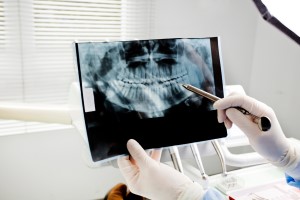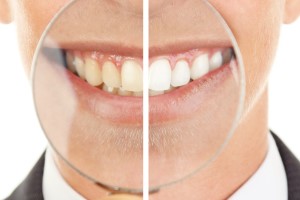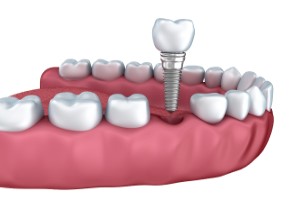Do Emergency Dentists Perform Root Canals?

Emergency dentists treat all types of traumatic injuries. From car crashes to lost teeth from sporting events, they are experts in helping people in serious distress. However, some dental emergencies are unseen and can even be relatively painless.
Are toothaches an emergency?
A not-so-obvious but vital sign of a dental emergency is a toothache. People who visit their dentist regularly for preventive dental care will probably not experience a toothache caused by severe decay. However, if you have not had your teeth cleaned in a while, there is a risk of developing an infection that can spread and become painful. In some cases, the pain may not be that noticeable if you have a high tolerance.
If you are experiencing toothache or discomfort, call your dentist immediately for an appointment. Although a minor toothache may not be a big deal, it could indicate a serious infection that requires immediate attention. Most cavities do not cause pain until they have increased in size.
For you to experience actual pain, the cavity must expand until it hits a nerve. This occurs only when the cavity has worsened and the tooth pulp becomes infected. In this situation, you might need root canal therapy. Luckily, an emergency dentist can perform this procedure and relieve the pain caused by the infection.
Emergency dentists and root canals
Also known as endodontic therapy, a root canal is the removal of infected pulp inside a tooth. The procedure can also be done on a cracked or damaged tooth that is highly vulnerable to infection. The dentist will create an opening on the tooth crown to reach the pulp. Next, the dentist will remove the tooth pulp and any bacteria.
The dentist will clean out the nerves before scrubbing the canal to remove all traces of infection. The root canals and the pulp cavity will then be sealed with a material called gutta percha. Emergency dentists use this material to prevent bacterai from entering the treated tooth.
Sometimes, an infection can spread to the gums and form a tooth abscess. You will immediately notice the painful sore near your teeth. In some serious cases, the infection can even reach ligaments and cause degeneration of the jawbone. Although this is rare, you should not ignore a serious toothache. A simple root canal procedure can correct the problem.
What happens after a root canal?
Following your procedure, you will likely need a day to rest. Your tooth and the surrounding area may be sore. Painkillers can help manage any tenderness, and ice can reduce swelling.
If the tooth is not strong enough for regular use, the dentist may prepare a dental crown for the tooth. The crown will prevent food and bacteria from entering the tooth and causing a new infection. Once the crown is in place, you will be able to chew and bite normally without feeling pain.
A root canal can save your smile
If you visit an emergency dentist before it is too late, they can save your teeth from permanent harm. However, ignoring an infection could result in tooth extraction, which is something emergency dentists want to avoid. A root canal is your last hope of saving a severely decayed or damaged tooth.
Request an appointment here: https://jacksonheightdental.com or call 82nd St. Dental at (718) 476-5555 for an appointment in our Jackson Heights office.
Check out what others are saying about our services on Yelp: Read our Yelp reviews.
Recent Posts
In most cases, general dentists will refer root canal patients to endodontists, who focus on the diagnosis, causes, prevention and treatment of injuries and conditions that develop in the pulp of the teeth. However, there are some instances in which a generalist may be equipped to handle a root canal. If you are unsure of…
A tooth abscess is a dental emergency because it has a risk of the infection expanding to other parts of the body. If an abscess spreads to the brain, it can have life-threatening effects.Abscesses can be incredibly painful, and the pain is often accompanied by swelling. The severity of the pain and swelling is often…
Wondering whether a damaged tooth constitutes a dental emergency? Read on to find out. A damaged tooth may be considered a dental emergency if it causes severe and borderline intolerable discomfort (pain, swelling, sensitivity), causes a severe cosmetic issue, or is at risk of worsening complications, such as the loss of the tooth or the…
A broken tooth is rarely expected, which can make the situation scary when it happens. However, there are a few things that emergency dentists recommend so that patients can appropriately deal with a broken tooth if and when it happens. Of course, it is ideal to get to a professional right away; however, that may…






